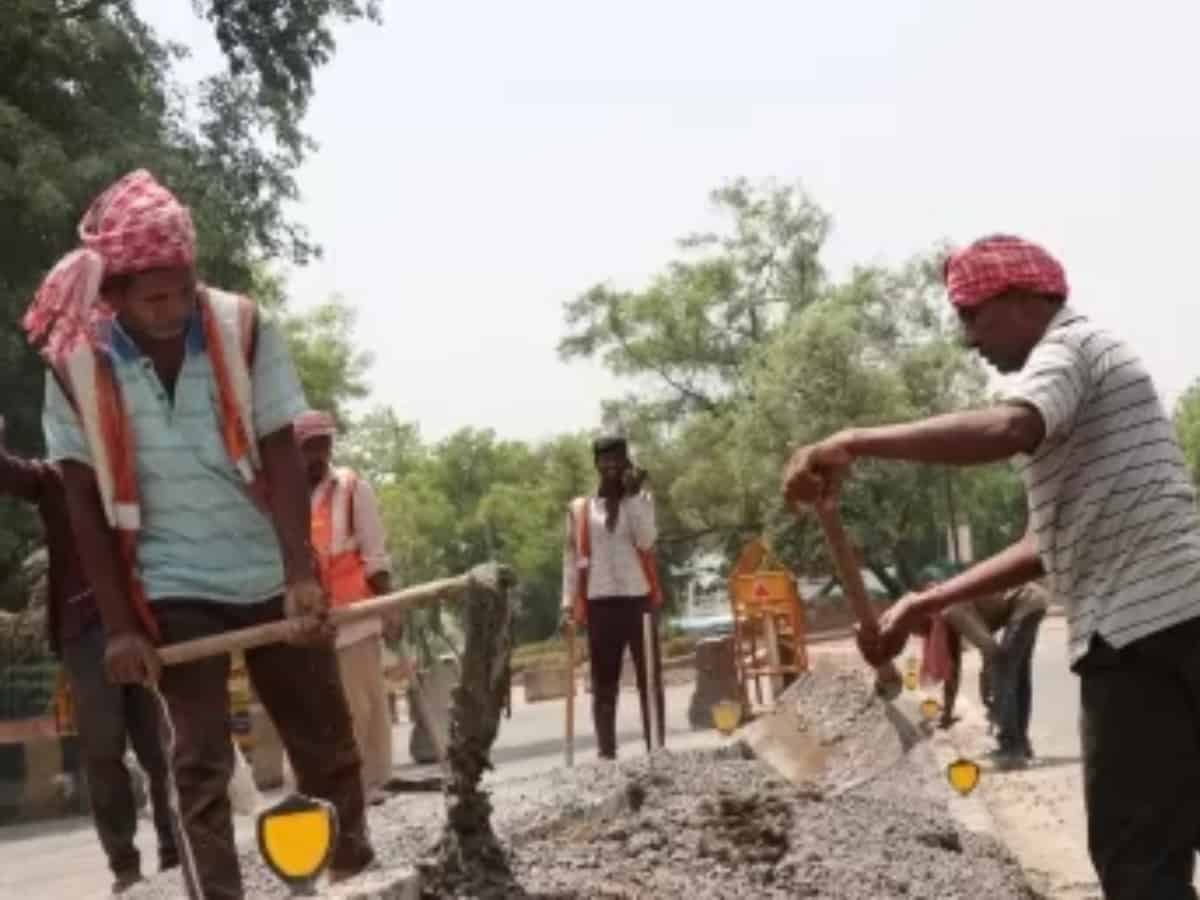
New Delhi: The Centre has decided that states/UTs will ensure capturing of attendance for all the works (except individual beneficiary scheme/project) through the National Mobile Monitoring System (NMMS) app under the Mahatma Gandhi National Rural Employment Guarantee Scheme (MGNREGS).
This digitally capturing of attendance for all worksites is in place from January 1, 2023.
As per information given by Union Minister of State for Rural Development, Sadhvi Niranjan Jyoti, in a written reply in the Lok Sabh on Tuesday, the ministry has been providing training to the states/UTs to ensure smooth transitioning to NMMS app as and when requested by the states/UTs.
The technical issues being faced are taken up with the NIC, Rural Development, on a real-time basis. The new provisions/suggestions requested by the states/UTs are being incorporated. All the issues concerning the NMMS application are reviewed and resolved from time to time.
The NMMS application has been modified to capture a second photograph just after four hours from the uploading of attendance and first photograph. It has eased out the specific time point requirement for capturing the attendance and photographs. The morning attendance along with the first photograph can be captured in offline mode and be uploaded once the device comes in network.
In case of exceptional circumstances due to which attendance cannot not be uploaded, the District Programme Coordinator (DPC) has been authorised to upload the manual attendance.
The reply said that all states/UTs are using the NMMS app for capturing the attendance for eligible worksites. So far, no specific issue related to non-use of NMMS App due to non-availability of smartphone has come to the notice of the ministry.
As per Section 19 of the Mahatma Gandhi National Rural Employment Guarantee Act, “the state government shall, by rules, determine appropriate grievance redressal mechanisms at the block level and the district level for dealing with any complaint by any person in respect of implementation of the scheme and lay down the procedure for disposal of such complaints”.



